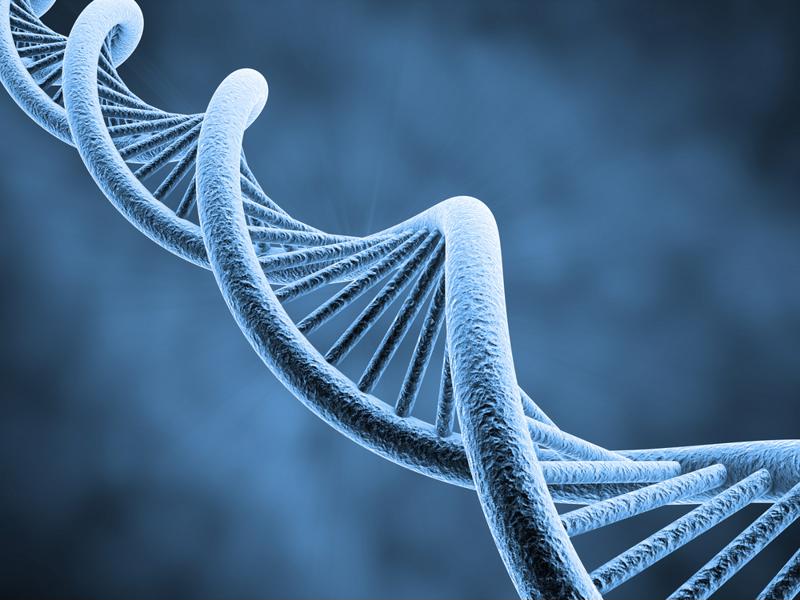The health risks and challenges facing veterans demand attention from the medical establishment. These are individuals who have given years of their lives for their country, risking extraordinary harm, so it is important that their physical and mental health alike receive attention and are not pushed aside. According to the Providence Journal, some important medical research is being helped along by veterans themselves, who have volunteered their genomic information for a database being run by the Department of Veterans Affairs. The Million Veteran Program aims to create a huge genetic database to unlock new health information and help formulate treatments.
Over 500,000 have enrolled
Gathering complete genomic data from blood samples and creating a huge database could be very helpful in identifying causes of and cures for serious medical conditions. To this end, the VA is seeking volunteers to become part of the Million Veteran Program and, the Providence Journal reported, has been very successful in its mission.
More than 500,000 individuals have joined the testing pool, which is currently the largest database of its kind. The program has been underway for five years now. In addition to logging genomic data, veterans respond to surveys about their health and their experiences during and after their military service. Between these answers and the hard data encoded in the blood samples, scientists have plenty to work with.
The news provider explained that many of the ailments studied by researchers working with the program are those that directly affect veterans more frequently than other populations. For instance, blood pressure issues, tinnitus and cancer strains common to service members are all subjects of study. By donating their time and the records of their genetic information, veterans are aiding in research that could be hugely relevant to their quality of life.

"We believe MVP will accelerate our understanding of disease detection, progression, prevention and treatment by combining this rich clinical, environmental and genomic data," said VA Undersecretary for Health Dr. David Shulkin, according to the Providence Journal. "MVP will allow the nation's top researchers to perform the most cutting edge science to treat some of the nation's most troubling diseases."
New approaches to veteran health care
Intensive research into health conditions that affect veterans is only one component of treating these issues. High-quality care facilities and programs are also needed to put the results of that research into practice. Health Data Management recently spotlighted an increasing focus on telemedicine among VA providers, in an attempt to see more patients without physical hospital visits.
The news provider explained that the VA is one of the most noted and advanced telemedicine users among all medical systems, with the programs being especially helpful when dealing with individuals who live in rural areas, far away from the nearest hospital. Travel time can be eliminated when experts use video technology to see what is going on at satellite clinics, or even in patients' own homes. In 2015, 677,000 veterans used telemedicine systems to converse with doctors. That impressive total accounted for 12 percent of all veterans in the country.

